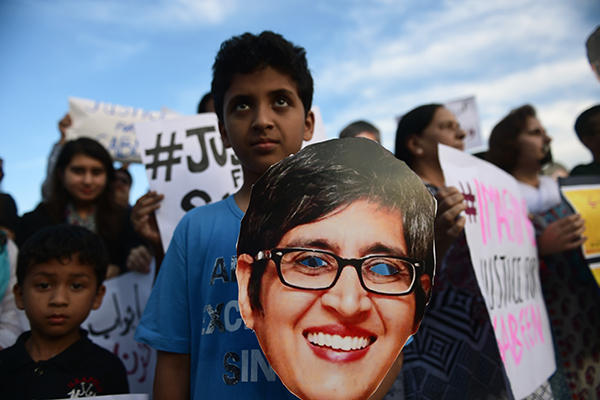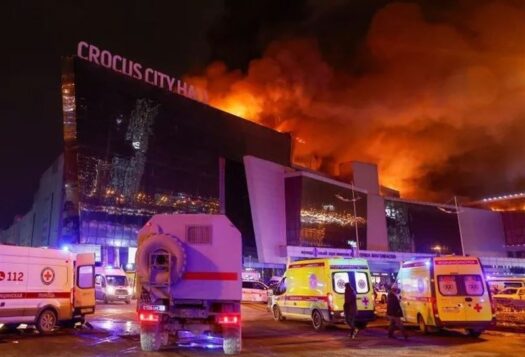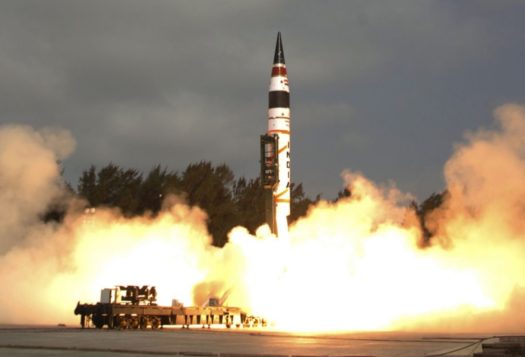
The brutal killing of Sabeen Mahmud, a social media campaigner and human rights activist who founded the social forum The Second Floor (T2F), is a great loss for Pakistan. The killing has once again exposed the government’s inability to protect the lives of journalists, human rights activists, or any other ordinary citizen of Pakistan. Sabeen Mahmud’s death has sent a shock wave throughout Pakistan and has been condemned by every segment of society. The nation is once again divided in its opinion on the culprits responsible for this heinous crime – instead of focusing on the heinous nature of the attack. People have pointed fingers according to their rationale, bias, worldview, and experiences. Most people are divided over the possible involvement of the ISI and the MQM.
The killing of Sabeen Mahmud occurred right after the end of an interactive discussion called “Unsilencing Balochistan Take 2” which was organized by Mahmud and attended by journalists and rights activists, including the founder leader of the Voice for Baloch Missing Persons, Abdul Qadeer Baloch. The seminar was held in the wake of the recent cancellation of a discussion on the Balochistan issue at the Lahore University of Management Sciences. It is widely believed that the talk was cancelled due to extreme pressure from the ISI. The cancellation of the discussion was condemned vigorously in print and social media, and the role of military fell under scrutiny due to its effort to control the debate on the Balochistan issue.
In the backdrop of the aforementioned developments, speculation has emerged as to four forces potentially involved in the murder: the ISI, the MQM, the TTP, and India. The ISI has repeatedly been linked to and accused of the manhandling and killing of journalists, human right activists, and other vocal members of society. The manhandling of journalist Umar Cheema, the attack on veteran journalist Hamid Mir, the killing of journalist Saleem Shahzad, and the issue of missing persons in Balochistan are some cases in point. The reasons for these killings could be to deter people from being too vocal. But even an ordinary citizen in Pakistan can assess the outcome of such incidents, which is that it would lead to a further increase in criticism and hostility towards the military and the ISI in Pakistan. Therefore, to hold the ISI responsible for this attack makes little sense (unless there are rogue elements acting on their own).
The involvement of the MQM in this incident cannot be ruled out either. The MQM is widely believed in Pakistan to be involved in targeted killings, kidnappings, and extortion in Karachi. The recent raid of rangers on MQM headquarters “Nine-Zero” surprised many in Pakistan – and was taken to signal a government and Army shift away from tolerance of the MQM in Karachi. The subsequent video message confession of a condemned former MQM member about his terrorist activities and the instructions of MQM leadership further cemented this assumption. MQM leader Altaf Hussain’s following criticism of the Army confirmed that the MQM believes in the Army’s role in curtailing its activities. The MQM has years of experience in pity politics and everyone in Pakistan is aware of its brutal activities. Thus the killing a human rights activist in the wake of the sensitive Balochistan issue could have been a perfect opportunity for the MQM to malign the Army.
A similar objective could suggest the TTP’s involvement. The recent operation in North Waziristan and the difficulty in finding easy targets for terrorist attacks due to extra security measures from the government demands innovation in TTP’s strategy and tactics. Therefore, in the backdrop of the aforementioned scenario, the TTP could have also exploited the situation.
A final possible force behind the killing could be Indian intelligence agencies – due to the strong link between the killing and the Balochistan issue, and subsequent international criticism of the military and Pakistan. The argument goes that it would be in India’s interest to portray the Balochistan problem as a genuine issue and to malign the Pakistani military’s involvement in carrying out suppressive activities in the region. The weak standing of the military in Pakistan and at international fora would benefit India as it would strengthen the Indian argument that Pakistan’s military is mainly responsible for the volatile relationship between the neighboring states. Pakistan has overplayed the card of Indian involvement in its problems over the years without addressing the root causes of such issues by articulating effective policy. The “India card” has lost credibility, and now even people in Pakistan do not take it seriously. This provides India an ideal situation to fulfill its policy goals – allowing Pakistan to be portrayed as a dangerous, military-controlled nuclear weapons state.
The military’s policies and political involvement in domestic and regional issues has not only created difficulties for Pakistan, but has also added vulnerabilities that are causing harm to the country in a big way. The widespread speculation about the possible ISI role in Sabeen Mahmud’s killing suggests growing discontent among the people of Pakistan regarding the Army’s policies in domestic affairs.
***
Image: Farooq Naeem-AFP, Getty


